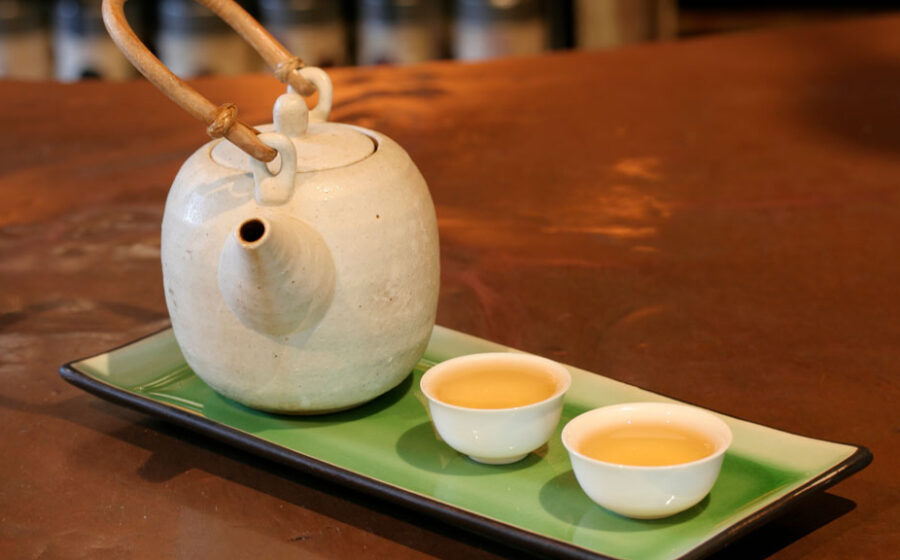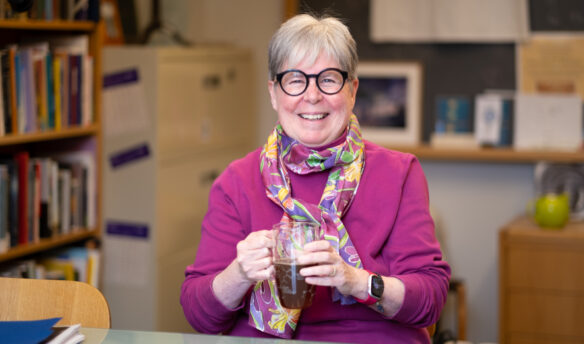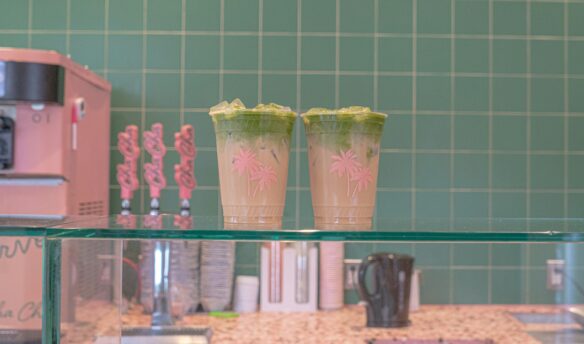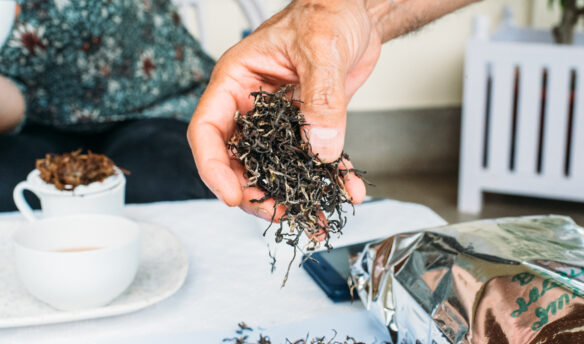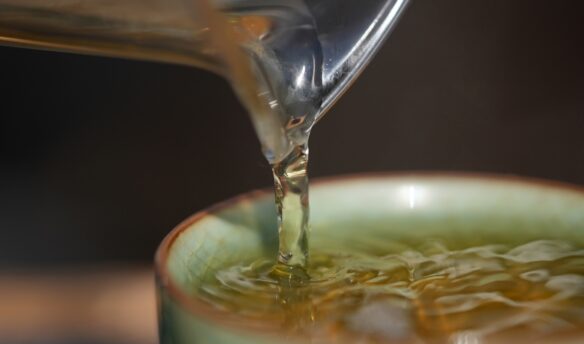(Photo: Nicole O’Banion.)
[F]or many years in the tea industry, it’s been commonplace to hear myths stated as fact.
Chinese tea has been made the same way for hundreds of years. Black tea has the most caffeine. White tea is the perfect choice for the caffeine sensitive. Virgins with golden scissors and monkeys make up half the labor force for tea in China. Boiling water depletes its oxygen levels, making for a less flavorful cup. Organic tea equates to high quality.
These are just a sample of some of the misperceptions held by the tea industry over the last sixteen years that i’ve been in it. The amorphous nature of the tea industry has made it difficult to combat these myths. Without a strong foundation to work from and very little available information, it’s been left to individual companies and tea professionals to do the heavy lifting. Firsthand knowledge and science have been the most useful tools to dispel these and other falsehoods about tea.
In the last few years, a growing chorus of voices in the tea industry has taken this knowledge one step further by creating a rigorous structure that allows people to analyze all types of tea and quantify their quality as objectively as possible. When it comes to internationally recognized standards and certification, tea in the West has nothing on coffee. The information readily available to the coffee professional about their product dwarfs what’s out there for tea. We need to fix this.
Inspired by the SCAA and Coffee Quality Institute, and simply by the drive to better understand the teas they drink every day, some tea advocates have been putting these ideas into action. They range from passionate bloggers to online tea communities, from teashop owners to industry stalwarts.
Austin Hodge of Seven Cups is one such industry leader. I first met him in 2003 at the Take Me 2 Tea Expo (now World Tea Expo) in Las Vegas. At the time, much of the tea industry was firmly wrapped in exotic (Western-created) Asian myths, fed largely by folk tales and sales people who really didn’t know much about the teas they were selling. Austin, armed with firsthand knowledge from his travels in China, was ready to storm the gates. Even then, he was passionately talking about the need for true transparency through sharing information about the farmer, which had long been a closely guarded secret, and by establishing industry standards.
In 2015, acting on these long held beliefs, Austin helped found the Specialty Tea Association.
Drawing inspiration from the SCAA, the SCAE, and the Chinese tea industry, where national standards for specific teas were established in the early 2000s, the Specialty Tea Association declared it their mission to “establish quality standards in tea making.” Several articles on their website emphasize that objectively defined characteristics make a quality tea, including leaf appearance, plucking standard, origin, cultivar, and processing. These characteristics, if met to the standard required, would in turn inform the qualities many in the West value most in tea: flavor, aroma, and brew color.
While much of what the STA proposes in establishing standards involves quantifiable physical characteristics, Canada’s famed tea company, Camellia Sinensis, makes a case for science and testing to be part of that equation.
Camellia Sinensis is probably best known for having published the most comprehensive treatise in English to date on tea, Tea: History, Terroirs, Varieties. Reading the book will provide an opportunity for any reader to develop a stronger foundation in their understanding of tea.
Speaking to Kevin Gascoyne, co-owner of Camellia Sinensis, recently over the phone shed light on their philosophy as responsible tea merchants, partly by developing a stronger understanding of the tea they buy. Camellia Sinensis is dedicated to finding out all they can about what is in tea. Since 2008, they’ve spent over $200,000 on research, which has included testing for pesticides, heavy metals, polyphenols/antioxidants, caffeine, mineral and moisture content, radiation, micro-organisms, lipid reduction, and lipid reducing agents. “Although research is expensive,” Gascoyne says, “it is the best way to break down some of the many painful myths that are still circulating.” However, he also says that research rarely yields a new set of nice, clean rules to live by. Although science can be very beneficial, it often does little to solve the very complex and real issues currently faced by many tea growing regions.
Camellia Sinensis is hesitant to jump into the standards conversation, as they feel it’s not their place to define quality for others, but committing to the course of product testing raises the bar for expectations in the tea industry—the testing process creates a standard for others to meet.
Regardless of whether we’re working to educate, establish standards, or understand the science, the goal is the same: to take the false mystery out of tea, empower customers to make better decisions, and dispel harmful myths that continue to cling to this amazing beverage.
—Ravi Kroesen is the director of tea operations for Royal Tea New York.



